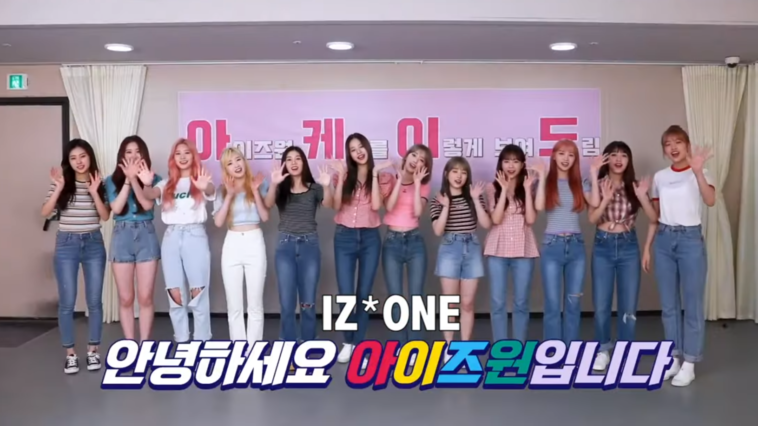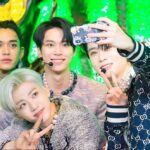Annyeonghaseyo, yeorobun! When we learn Korean, firstly we begin with the basic lesson, Korean greetings. Why do we put greetings in the first step of learning Korean? Let’s say that greetings could be a bridge to communicate with others. Greetings help you to introduce yourself to others. Korean greetings also help you to learn the further conversation. In addition, learning Korean greetings could start a friendly encounter with Korean friends. Remember that Korean language consists of three levels: formal, casual, and banmal. If you are in the beginners level, learning formal or casual first is required. You shouldn’t use banmal unless you have very close relationship with friends. Here are common Korean greetings you should learn.
1. General Korean Greetings
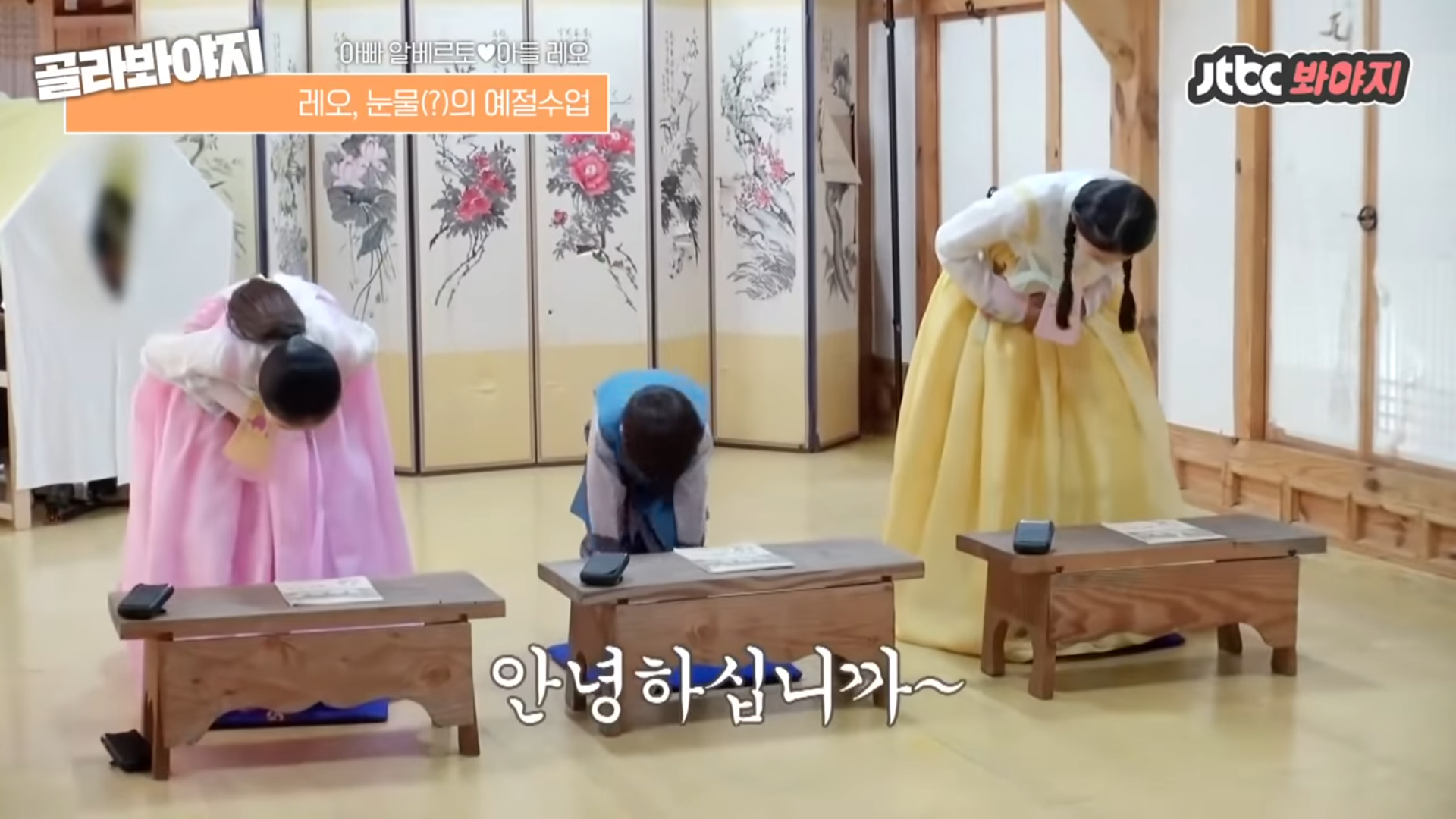
We begin with the general Korean greetings form. 안녕하세요 (Annyeonghaseyo) means hi or hello in English. We can use it in any occasions, both formal and casual form. It’s a polite way to greet the seniors or someone with higher position. It can be used to talk to the stranger or when we are in public service. We can also use it to introduce ourselves. For more formal occasions, you may say 안녕하십니까 (annyeonghasimnikka). It’s commonly used in office or institution, especially when you talk to your boss or the older people. However, when you talk to someone with the same age in polite way, 안녕하세요 (annyeonghaseyo) is suitable instead of 안녕하십니까 (annyeonghasimnikka).
2. Korean Greetings for First Meeting with New People

Source: tvN Drama YouTube
After you greet people and introduce yourself, surely you expect a good impression. You could show them that you are glad to meet them. In formal way, please say 만나서 반갑습니다 (mannaseo bangapseumnida). In English it means “it is good to see you”. 만나서 (Mannaseo) derives from 만나다 (mannada) that means to meet or see and added by conjunction 서 (seo) to indicate cause and effect between two clauses. It explains the following clause 반갑습니다 (bangapseumnida). 반갑다 (Bangapda) means a feeling of pleasant, glad, or happy then added by -습니다 as adjective particle. If you want more casual greeting way, you could say 만나서 반가워요 (mannaseo bangawoyo) to talk to the same age in casual occasions. The meaning is the same.
3. First Day of Something
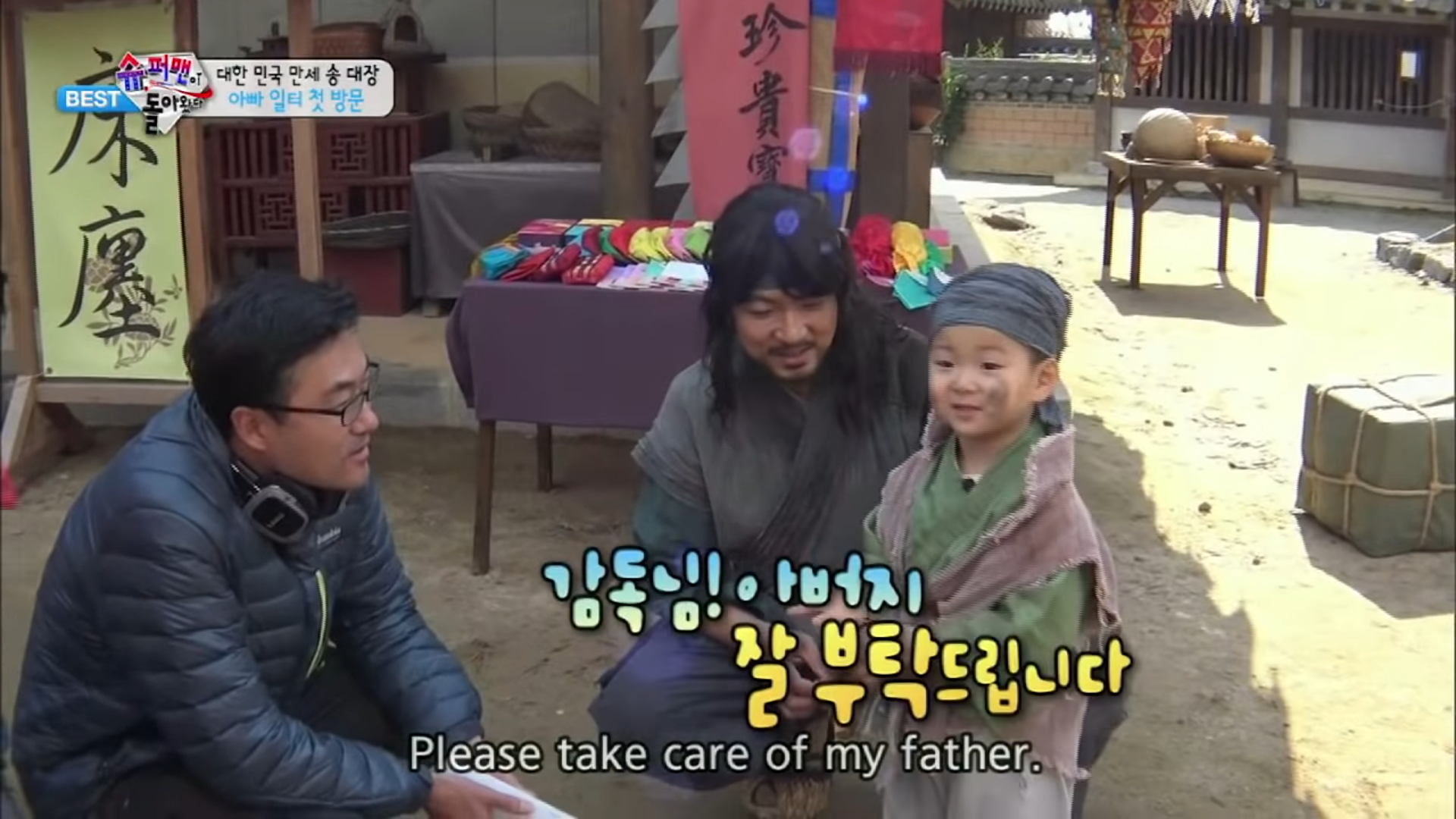
We are specifically discussing the part of self-introduction in the first day of new employee in company, new member in organization, or new student in academy. After you introduce yourself in front of the seniors, it is polite to say 잘 부탁드립니다 (jal butakdeurimnida). This is one of common Korean greetings for newbie. For some beginners, it sounds uncommon since the literal meaning is “please take good care of me”. However, the meaning is not like that. It implies that as a junior or newbie, we look forward to working with the seniors and we will do our best. In Korean culture, especially in business setting or professional institution, it requires a junior to act humble and respect the seniors. It’s kind of attitude in Korean culture. Furthermore, manner is necessary in order to impress people.
4. “How Are You?” in Korean
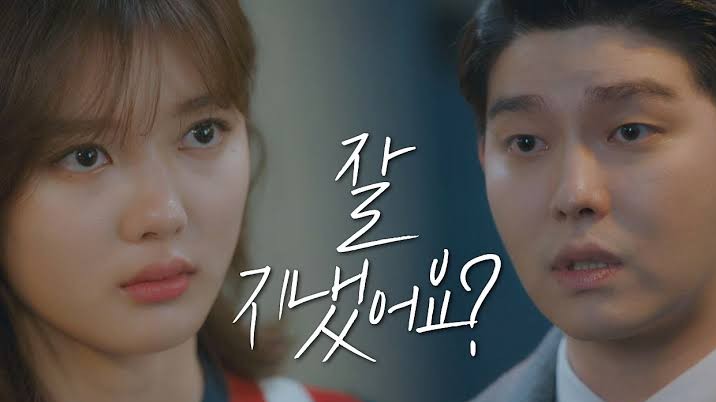
When it comes to Korean greetings, probably we only notice the general greeting which is 안녕하세요 (annyeonghaseyo) to start the conversation. Well, this is exactly the general way and can be used in any occasions. However, what to say next? Like in English greetings, we could ask “how are you?” in Korean by saying 잘 지내셨어요 (jal jinaesyeosseoyo). It is a formal greeting and polite way to talk to the seniors or older people. If you want to talk to your friends, saying 잘 지냈어 (jal jinaesseo) is enough. Both greeting forms are sometimes used when you don’t see each other temporarily. So, you may add 오랜만이에요 (oraenmanieyo) or “long time no see”.



